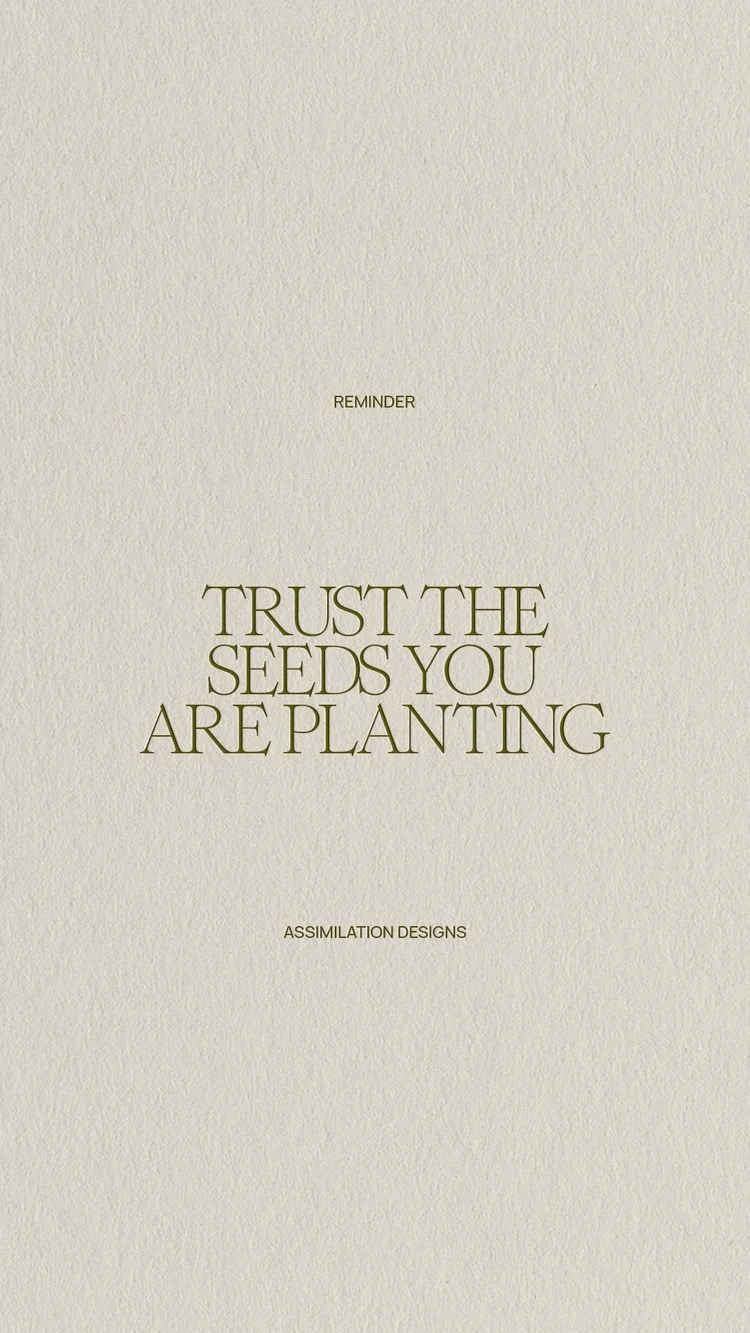Dry, chapped lips can be a frustrating and uncomfortable experience that many of us face from time to time. However, what may seem like a simple physical ailment can be a sign of something deeper within our overall well-being.
When our lips are dry, it can be a reminder to pause and reflect on our self-care practices. Are we staying hydrated? Are we exposed to harsh weather conditions? Or perhaps, are we neglecting our emotional needs, leaving us feeling parched on the inside?
Suffering from dry lips is a common affliction, yet many myths surround the causes and treatments of this bothersome condition. Explore the connection between the health of our lips and the state of our overall well-being. Simple acts of self-care can not only restore moisture to our lips but also nourish our minds, bodies, and spirits along the way.
In this article, we will debunk the three most prevalent myths people believe about dry lips. Understanding the truth behind these misconceptions can lead to better lip health and relief from dryness.
No. 1
Dry Lips Happen Only in Winter
A widespread myth suggests that dry lips occur solely during the cold, harsh winter months. The winter climate can indeed exacerbate the condition because cold weather is usually dryer and less moisture in the air means less moisture in your lips. However, dry lips can strike at any time of the year. Factors such as air conditioning, dehydration, and certain medications contribute to lip dryness, regardless of the season.
No. 2
Saliva Doubles as Lip Balm
Many people mistakenly believe that licking their lips is a quick fix for dryness. However, while it may provide temporary relief, saliva worsens dry lips. The enzymes in saliva, designed to aid in digestion, can be harsh on the delicate skin of the lips, leading to an increase in dryness and potentially causing chapping.
One of the best tips for properly taking care of your lips is to avoid licking them. Instead, buy a high-quality lip balm and reapply as needed for a far more effective and safe method to relieve dryness.
No. 3
Lip Balm Makes the Dryness Worse
On the topic of lip balm, another prevalent myth is the belief that using lip balm can worsen dry lips, creating a dependency that leads to an endless cycle of reapplication. This misconception likely stems from certain products containing irritants or allergens that might not suit every skin type, or from using lip balms with drying agents like menthol or camphor.
Avoid this issue by selecting lip balms with nourishing and moisturizing ingredients, such as shea butter, vitamin E, and natural oils, which provide genuine benefits for lip health. You may find yourself reapplying lip balm constantly, but we promise that your lips will not become dependent on the lip balm’s moisture—you will just love the way it makes your lips feel!
Takeaways
Incorporating lip balm into your daily routine is a simple yet powerful way to combat dry lips and maintain overall lip health. By investing in a high-quality lip balm made with nourishing ingredients, you not only provide immediate relief to dry, chapped lips but also create a protective barrier against external factors that may worsen the condition.
Regular use of lip balm can help keep your lips hydrated, soft, and supple, promoting a healthy appearance and preventing discomfort caused by dryness. Whether you prefer a tinted balm for added color or a medicated formula for intensive treatment, there are a variety of options available to suit your preferences and needs.
Remember, maintaining well-moisturized lips goes beyond just cosmetic benefits—it is an essential part of your self-care routine and overall wellness. So, next time you feel the discomfort of dry lips approaching, reach for your favorite lip balm and give your lips the care and attention they deserve.
Did you fall for any of these myths people believe about dry lips? Now that you know the facts, take year-round care of your lips by not licking them and investing in a nourishing lip balm that you can use to relieve dryness and feel great throughout the seasons.
FAQ
Below are some frequently asked questions to help you understand the causes of lip dryness.
What causes dry lips?
Dry lips can be caused by various factors, including environmental conditions, dehydration, habitual licking of the lips, certain medications, and vitamin deficiencies.
How do environmental conditions contribute to dry lips?
Exposure to harsh weather conditions such as cold temperatures, wind, and sun can strip the skin on your lips of its natural oils, leading to dryness and chapping.
Why does dehydration affect lip moisture?
When your body is dehydrated, it prioritizes vital organs over the skin, which can result in dryness of the lips and even the eyes. It's essential to stay hydrated by drinking an adequate amount of water throughout the day. To avoid dehydration, it's recommended to drink at least eight 8-ounce glasses of water per day, but individual needs may vary based on factors like activity level and climate.
Does licking my lips worsen dryness?
Surprisingly, licking your lips frequently can exacerbate dryness. Saliva evaporates quickly, leaving your lips drier than before. It's best to resist the urge to lick your lips and opt for hydrating lip balms instead.
Can medications cause dry lips?
Yes, certain medications, such as those used to treat acne or high blood pressure, can have side effects that include dry lips. If you suspect your medication is contributing to dryness, consult your healthcare provider for alternative options.
How do vitamin deficiencies impact lip health?
Lack of essential vitamins, particularly vitamin B and iron, can manifest as dry, cracked lips. Including vitamin-rich foods in your diet or considering supplements can help maintain lip moisture.
By understanding the causes of dry lips, you can take proactive steps to address and prevent this common concern. Remember, nurturing yourself includes caring for every aspect of your well-being, including your lips.
THE LIST
WELLNESS
✔️
KANGEN WATER
Are you looking to elevate your hydration experience? Look no further than Kangen Water. This innovative water technology promises to revolutionize the way you hydrate, bringing you all the benefits of alkaline water right to your home.
Kangen Water is not just any ordinary water—it is engineered to provide optimal hydration with its unique alkaline properties. By adjusting the pH level of your water, Kangen Water helps neutralize acidity in the body, promoting overall health and well-being.
Experience the difference with Kangen Water—say goodbye to regular tap water and hello to a new level of hydration. Join the countless individuals who have already made the switch and are enjoying enhanced vitality and health.
To learn more about Kangen Water, get in touch with us below. You can also watch a demo here.



























































































